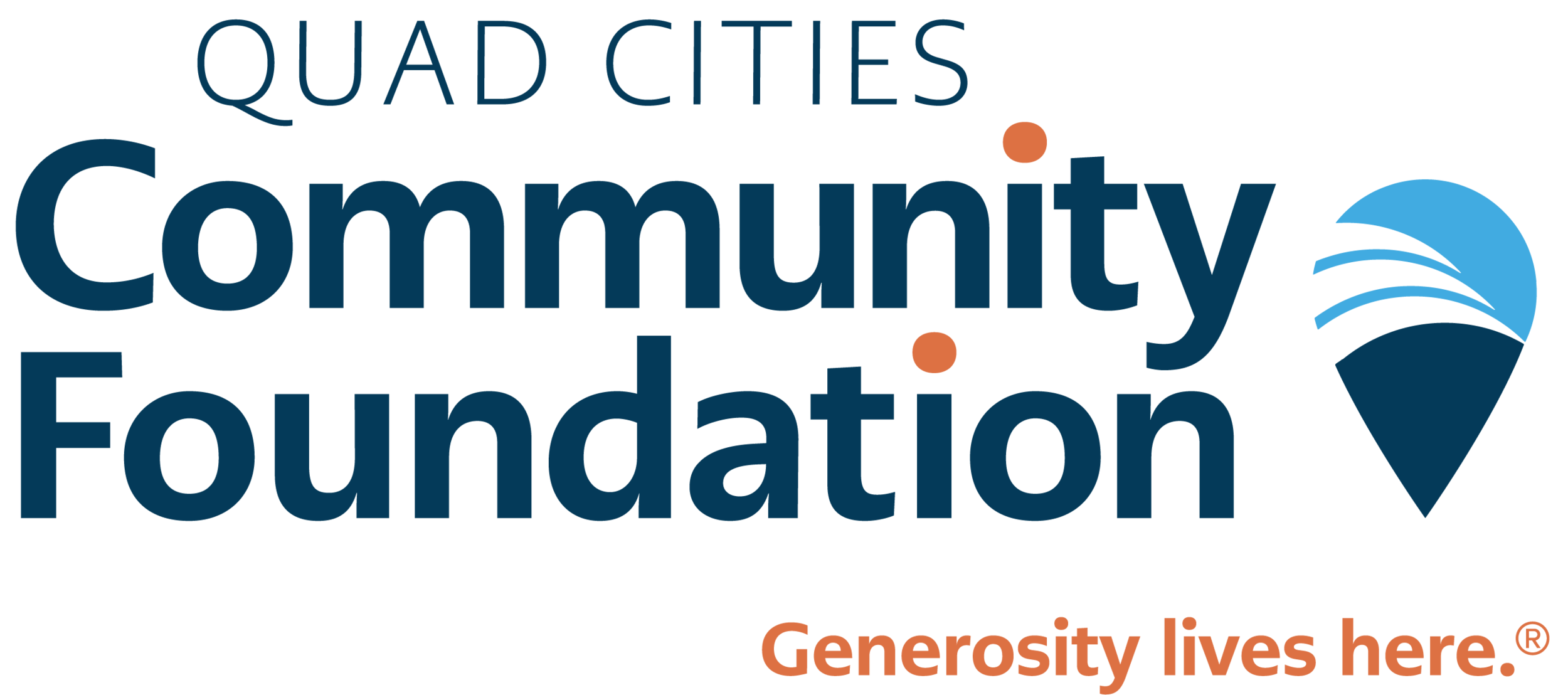Getting our Hands Dirty
Spotlight on Community Foundation of Van Buren County
Project AWARE (A Watershed Awareness River Expedition) is not for the faint of heart. It is, however, for those who care about the environment, don’t mind getting dirty and like a little adventure.
The annual event, organized and operated each year by the Iowa Department of Natural Resources, is a community-wide effort to clean up waterways in the state. Volunteers meet each year for one week at a designated waterway and spend hours by foot or in canoes, pulling trash from the water. “It brings people together from all backgrounds and walks of life for an event that focuses on improving Iowa's water resources,” said Project Coordinator Lynette Seigley.
Last year’s event was supported in part by a $3,000 grant through the Community Foundation of Van Buren County, a Geographic Affiliate Fund of the Quad Cities Community Foundation.
The 2016 event was held on the Lower Des Moines River, which is the largest body of water the project has ever tackled. Volunteers worked through 52 miles of the river, all of it in Van Buren County.
Seigley said the event costs almost $30,000 to host each year, and they rely on an army of volunteers, and sponsorships. The grant from Van Buren was the first time Project AWARE had partnered with the Community Foundation, and the contribution made a big difference. “It was the top level of sponsorship and it was a huge benefit having them onboard,” she said.
Each year, hundreds of people from inside and outside the state travel to the designated waterway, some staying for a day or two and some for the whole week. Last year, 329 volunteers helped. More than half of them had never been involved before. The effort is not only good for the water, it’s great for the local communities who benefit from the influx of visitors. “We want the event to be tailored to highlight local resources and show what makes the area unique,” Seigley said. “It gives volunteers a sampling of what is available and encourages them to come back.”
Evening programs often include activities that promote the area—lessons in the history and culture of the region, as an example, giving volunteers an opportunity to visit rivers and parts of the state they might not otherwise visit.
People of all ages and abilities participate each year, and more families have been taking advantage of the opportunity. It’s fun, but hard work too. Many volunteers canoe between 10 and 15 miles a day, pulling items like scrap metal, tires, glass and plastic from the river. More than three quarters of it is then recycled. “A lot of it is legacy trash, or trash that has been in there a while,” she said. “Our hope is that as we pass through, we get it clean and it will stay clean.”
The 2017 project will be held July 10-14 and focus on the Upper Cedar River in Mitchell and Floyd Counties. Seigley said the event each year encourages unity. “It’s everybody working together that makes the event so memorable.”

